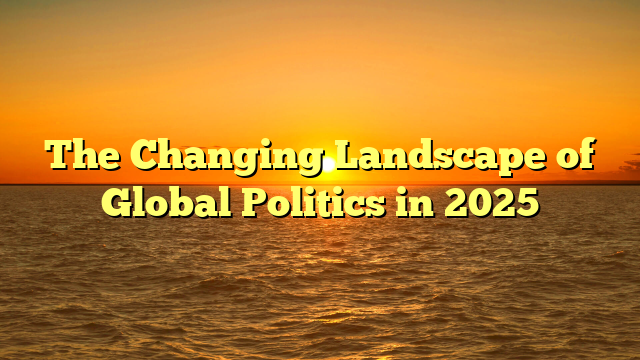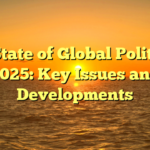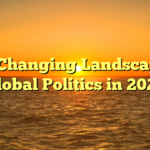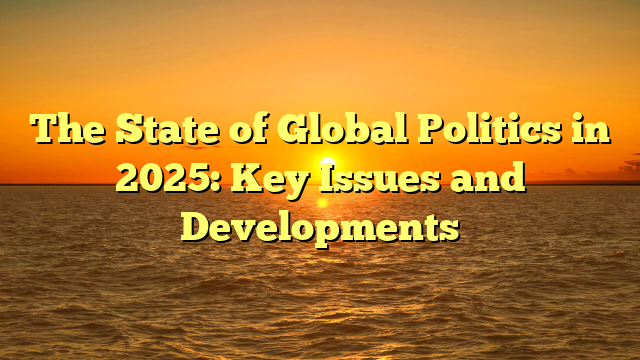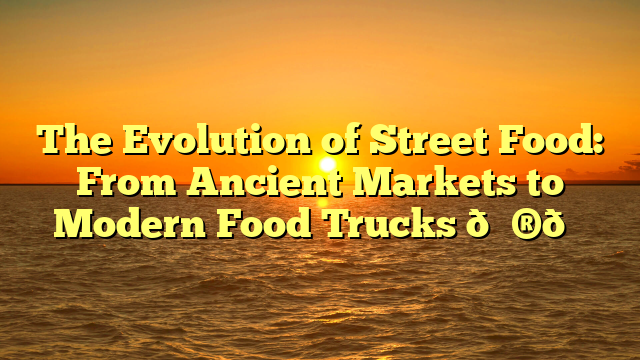The world of politics is constantly evolving, shaped by shifting alliances, economic trends, and social movements. In 2025, global politics is experiencing significant transformations, with major developments in international relations, elections, and policy changes that will impact the future of many nations. From diplomatic tensions to domestic political shifts, this year is proving to be a crucial period for governments and citizens alike.
Rising Tensions in Global Diplomacy
One of the most pressing issues in global politics is the increasing tension between major world powers. The geopolitical landscape has seen heightened rivalries, particularly between the United States and China, as both nations compete for economic and technological dominance. Trade disputes, cybersecurity concerns, and military maneuvers in the South China Sea continue to strain relations between the two superpowers.
In Europe, NATO’s role is being redefined as conflicts in Eastern Europe and growing concerns over cybersecurity demand stronger cooperation among member states. The ongoing situation in Ukraine remains a focal point, with Western nations providing military and financial aid while seeking diplomatic solutions to de-escalate conflicts. Meanwhile, Russia’s political strategies and alliances with countries such as Iran and North Korea are drawing criticism and sanctions from Western governments.
In the Middle East, recent peace talks between Israel and Palestine have brought cautious optimism, though deep-rooted tensions persist. Regional powers like Saudi Arabia and Iran continue to influence political dynamics, with shifts in leadership and policy affecting their relationships with Western and Eastern allies.
slot bonus new member and Political Shifts
This year is also marked by significant elections across the world, shaping the future of governance in multiple countries. In the United States, the 2024 presidential election has resulted in a new administration, bringing policy changes in areas such as healthcare, climate action, and economic recovery. The political divide remains strong, with debates over immigration, social justice, and economic inequality dominating discussions.
In Europe, several key elections are reshaping the political landscape. The United Kingdom’s general election is expected to redefine its post-Brexit strategy, while France and Germany are witnessing shifts in leadership that could influence EU policies. The rise of far-right and nationalist parties in several European nations has also sparked debates about immigration policies, economic strategies, and the future of the European Union.
In Latin America, political instability continues to challenge governments, with protests over corruption, economic struggles, and human rights violations gaining momentum. Countries such as Brazil, Argentina, and Venezuela are experiencing political transitions that will determine their future relationships with international allies.
Economic Policies and Global Trade
The global economy is a major focus of political discussions, as nations attempt to recover from the lasting effects of the COVID-19 pandemic and ongoing supply chain disruptions. Inflation remains a concern in many countries, prompting governments to implement measures to stabilize economies and control rising prices.
The shift toward green energy and sustainability is also influencing economic policies. Countries are investing in renewable energy sources, phasing out fossil fuels, and introducing carbon taxes to combat climate change. The United States and European Union have pledged to increase clean energy funding, while China continues to expand its dominance in electric vehicle production and renewable technology.
Trade agreements and economic partnerships are also evolving. The Indo-Pacific region is becoming a crucial area for trade negotiations, with countries seeking stronger ties to counterbalance China’s economic influence. The African Union is also working toward greater economic integration, aiming to boost intra-continental trade and reduce dependency on external markets.
The Role of Technology in Politics
The influence of technology on politics has never been more significant. Social media platforms continue to shape public opinion, with political campaigns and movements relying heavily on digital strategies to reach voters. However, misinformation and disinformation remain major challenges, with governments implementing stricter regulations to combat fake news and cyber threats.
Artificial intelligence (AI) is also playing a growing role in governance, from improving public services to enhancing cybersecurity measures. However, concerns about AI regulation, data privacy, and potential job displacement are sparking debates on how to balance technological advancement with ethical considerations.
Cybersecurity threats are another key issue, with governments investing in stronger defenses against cyberattacks targeting infrastructure, financial systems, and electoral processes. Recent cyber incidents have highlighted vulnerabilities in national security, prompting calls for international cooperation in cybersecurity protocols.
Social Movements and Political Activism
Political activism and social movements continue to shape policies and public discourse worldwide. Climate change activism remains a powerful force, with youth-led movements pressuring governments to take bolder action on environmental issues. Protests demanding gender equality, racial justice, and labor rights are also gaining traction, influencing legislative decisions in various countries.
In the United States and parts of Europe, discussions on reproductive rights, LGBTQ+ policies, and racial justice are driving new legal battles and policy changes. Meanwhile, authoritarian regimes are facing growing opposition, with pro-democracy movements in countries such as Iran, Myanmar, and Belarus challenging oppressive governments despite crackdowns on dissent.
Conclusion
The political landscape in 2025 is marked by significant changes, with international tensions, major elections, economic policies, and social movements all playing critical roles in shaping the future. As governments navigate these challenges, the global community must find ways to foster diplomacy, promote stability, and address pressing issues such as climate change, human rights, and economic inequality. The coming months will be pivotal in determining the direction of world politics, with both risks and opportunities on the horizon.
The Changing Landscape of Global Politics in 2025
